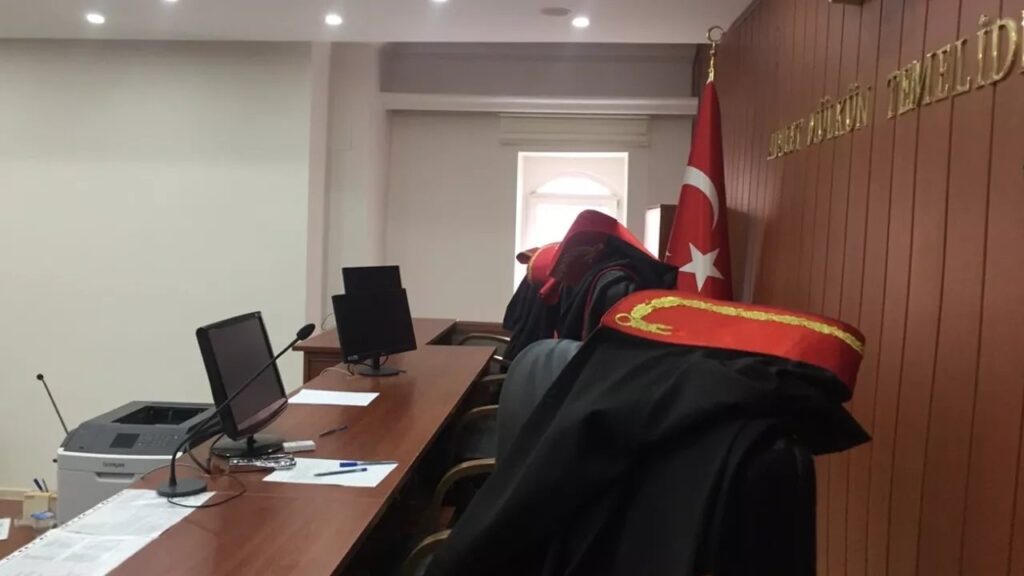As public trust in the Turkish judiciary continues to wane, with allegations of political interference casting an ever-growing shadow over its independence, the Turkish government is accused of using accusations of affiliation with the faith-based Gülen movement as a means to exert pressure on judges and prosecutors to act in compliance with its decisions, according to a report in the Cumhuriyet daily.
Journalist Barış Terkoğlu from Cumhuriyet claimed in an article published on Thursday that investigations of judges and prosecutors over alleged links to the Gülen movement, labelled a terrorist organization by the Turkish government, are used as leverage to secure their compliance with the interests of the Justice and Development Party (AKP) government. Terkoğlu said that unresolved probes against judiciary members are weaponized to suppress dissenting rulings.
“A number of individuals working at various levels of the judiciary have been caught up in FETÖ investigations and inquiries. … However, there is a strange situation. While investigations and evidence collection have been conducted against the judges and prosecutors on the list for alleged ties to FETÖ, … they have simultaneously continued to be appointed to critical positions,” Terkoğlu said.
FETÖ is a term coined by the Turkish government to refer to the Gülen movement, inspired by the views of the late Islamic scholar Fethullah Gülen, as a terrorist organization.
President Recep Tayyip Erdoğan and his government accuse the movement of orchestrating a failed coup in July 2016, while the group strongly denies any involvement in the coup bid or any terrorist activities.
Terkoğlu said judiciary members handling terrorism cases are constantly under the threat of becoming terrorism suspects themselves, associating this situation with the “poor functioning” of the judiciary in Turkey.
According to the results of the “Turkey Political Agenda April 2024” survey conducted by ASAL Research, more than 67 percent of people in Turkey said they don’t trust the country’s judicial system.
Turkish judicial officials frequently face allegations of corruption and bribery as well as widespread criticism for their perceived lack of independence under the rule of President Recep Tayyip Erdoğan’s AKP government.
Erdoğan is accused of exerting absolute control over the judiciary thanks to vast powers granted to him by a presidential system of governance.
A February report titled “A Profession on Trial: The Systematic Crackdown Against Lawyers in Turkey,” drafted jointly by the International Bar Association’s Human Rights Institute and The Arrested Lawyers Initiative, revealed how legal professionals are targeted through unfair trials, arbitrary detainment, imprisonment and harassment in Turkey and how the country’s counterterrorism legislation is misused to prosecute lawyers for legitimate work.
According to the report, more than 1,700 lawyers have been prosecuted, with 700 remanded to pretrial detention since the coup attempt on July 15, 2016, which prompted the Turkish government to launch a massive crackdown on perceived non-loyalist citizens under the pretext of an anti-coup fight.
Turkey disbarred more than 4,000 judges and prosecutors immediately after the abortive putsch over alleged ties to the Gülen movement.
The mass disbarment of members of the judiciary is believed by many to have had a chilling effect on the entire justice system, intimidating the remaining judges and prosecutors into doing the government’s bidding by launching politically motivated investigations of critics.


